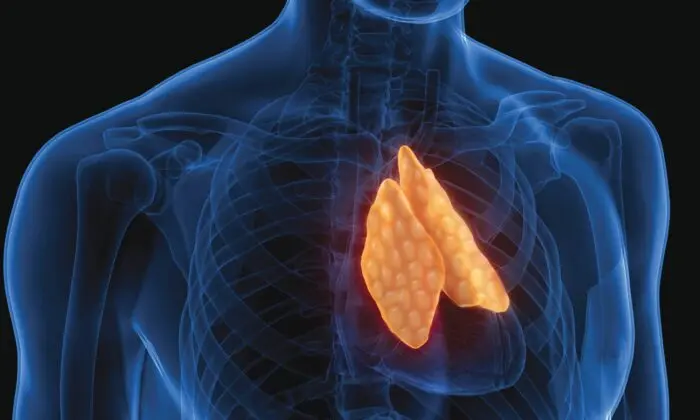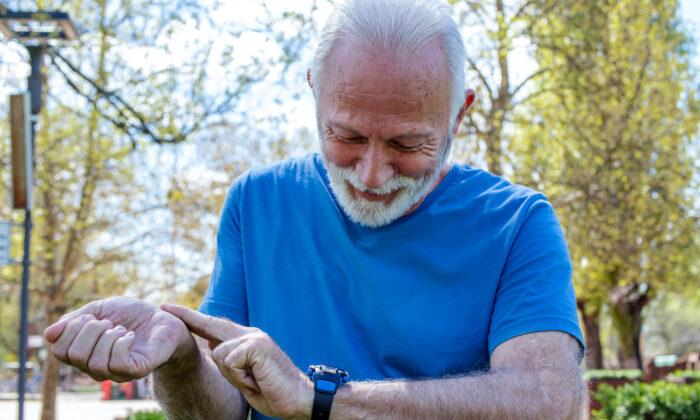Hypertension—high blood pressure—is closely related to the morbidity and mortality of cardiovascular and cerebrovascular diseases. In recent years, blood pressure monitoring and management have become more refined and individualized, but questions still remain about whether morning or evening is best to take antihypertensive drugs.
Substantial evidence suggests that nocturnal hypertension, increased morning blood pressure, and pre-morning hypertension are all associated with an increased incidence of cardiovascular disease. Many experts propose that blood pressure should be dynamically controlled 24 hours a day to reduce the adverse effects of nighttime high blood pressure. To achieve 24-hour BP control, administration of antihypertensive drugs at night or before bedtime is considered a potentially more effective strategy to control nocturnal hypertension, restore natural nocturnal BP drop, and suppress or eliminate morning BP spikes.
However, bedtime administration may be associated with significant risks, such as a sharp drop in blood pressure during nighttime sleep that may lead to cardiovascular complications and can lower treatment compliance.
One might argue that taking hypertension medication at bedtime is a reasonable approach for people who don’t drink alcohol, or who suffer from nighttime high blood pressure alone or high morning blood pressure. To date, the supporting evidence, clinical relevance, and indications for bedtime medication remain controversial.
What Is Nocturnal Hypertension?
Usually, blood pressure is relatively high in the morning, peaks around midday, and drops in the evening; blood pressure is usually higher during the day and lower at night.Nocturnal hypertension is when nighttime blood pressure is higher than 110/65 mm Hg. Nocturnal hypertension is often masked because nocturnal blood pressure changes may not receive sufficient monitoring and attention.
A large proportion of patients with nocturnal hypertension have intractable hypertension, in which the nocturnal drop in blood pressure is not significant. These hypertension patients are usually associated with sympathetic nervous system overactivity, obesity, salt retention, and aldosteronism (adrenal gland overproduction of the hormone aldosterone).
The Hygia Chronotherapy Trial, published in 2019, is a controlled prospective trial that investigated 19,084 hypertension patients whose mean age was 60.5 years. They were divided into two groups, the similarity being that they were all taking at least one antihypertensive drug. The difference between the groups was the time at which they took the antihypertensive: One group took it at night before bedtime and the other group took it in the morning upon waking.
During more than six years of follow-up, 1,752 patients developed at least one adverse cardiovascular disease—for example, myocardial infarction or stroke.
The trial results show that patients who took the drug at night had a 45 percent lower risk of a major cardiovascular event, a 49 percent lower risk of stroke, a 34 percent lower risk of myocardial infarction, and a 40 percent lower risk of coronary revascularization. The risk of heart failure was reduced by 42 percent and the risk of cardiovascular death was reduced by 56 percent.
The publication of the Hygia findings sparked widespread discussion, with Blood Pressure, a journal of the European Society of Hypertension, quickly publishing an editorial refuting the findings of the Hygia study.
It began with critiquing the methodology of the study: “There is no evidence that the strict rules that apply to RCTs were implemented, no indication of how the conduct of the study was monitored and no documentation of the membership of the event adjudication committee or of audit by independent investigators.”
It also cast doubt on whether it was technically possible to measure what the Hygia study claimed to measure: “Ambulatory blood pressure measurements (ABPM) were made with Spacelabs instruments that barely last 48 h in clinical use even when rechargeable batteries were used. Performing 48 h measurements on more than 19,000 patients annually would result in an enormous battery consumption. At last, in total, the HYGIA study should have produced over 150,000 long-term blood pressure measurements with a failure rate of less than 10% – which we cannot achieve in clinical use – not even with Spacelabs devices.”
The board advised more than caution, it wrote that “we must disregard” the Hygia data completely, warning of dangers for patients who experience blood pressure in the middle of the night.
“The risk of heart attack, stroke, and vascular death appears to be similar regardless of the timing of the antihypertensive medication. Hypertensive patients can choose the timing of taking antihypertensive drugs according to their personal habits,” said lead researcher Professor Thomas MacDonald, of the University of Dundee, UK
Who Should Take Antihypertensive Drugs Before Going to Bed?
Cardiovascular outcomes are affected by circadian blood pressure patterns in hypertension patients, and assessment of these patterns using 24-hour BP monitoring improves outcomes. In fact, the time of antihypertensive drug administration should be formulated according to individual blood pressure classification:If this value is between 10 and 20 percent, it is dipper blood pressure; this is a normal blood pressure rhythm.
- If this value is > 20%, it is extreme dipper blood pressure.
- If this value is < 10%, it is non-dipper blood pressure.
- If nighttime blood pressure is higher than daytime blood pressure, it is reverse dipper blood pressure.
Natural Ways to Avoid Nighttime Hypertension
Maintain a regular schedule for work and rest, make sure you get enough sleep, prevent overexcitement, and avoid drinking strong tea or coffee before bed. A hot bath can help you sleep better and lower blood pressure at night. At least 30 minutes before bedtime, shut off the electronics.As the issue of melatonin overdosing is of concern, ask your doctor if you can lower your blood pressure at night by taking melatonin, and what the ideal dosage is. However, patients with several common disorders—for instance, an autoimmune condition—might not be able to lower blood pressure by regulating melatonin.




